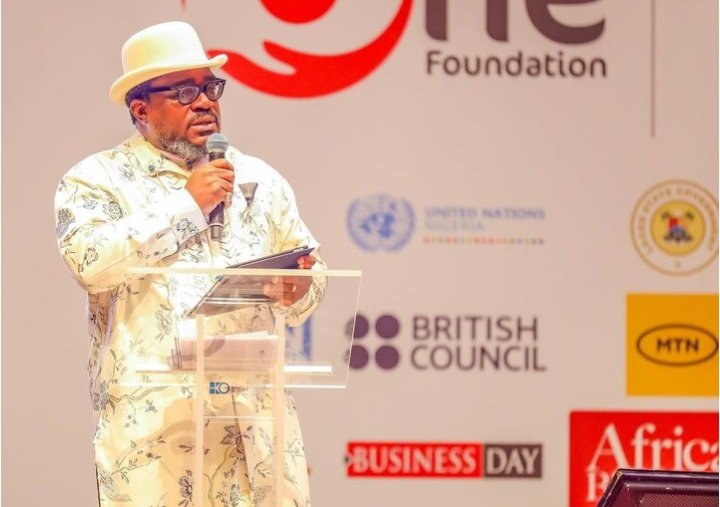
The Chairman of the House Committee on Civil Society Organisations and Development Matters, Victor Obuzor, has called for collaborative efforts between Civil Society Organisations and the legislative arms of government in promoting nation-building.
He noted the need for both parties to form a partnership that will deepen democracy, strengthen legislative procedures, and foster a good working environment for their activities.
Obuzor spoke in Abeokuta, the Ogun State capital, at the Southwest regional conference on improving the regulatory environment for CSO operations in Nigeria.
READ ALSO: GDP grows by 3.19% in Q2 2024
The conference was themed, “Fostering Strategic Partnership for a Thriving Non-Profit Sector in Nigeria.”
Obuzor affirmed the readiness of the National Assembly to collaborate with civil society organisations to amend laws guiding their operations and create an enabling environment for CSOs to grow and function maximally in the delivery of their activities.
He noted that the regulatory environment consists of the laws and policies that control and supervise the actions of civil society organisations.
The lawmaker explained that it is fundamental to have laws that support the activities of organisations, including civil society organisations.
Obuzor also stated that the legislative arm of government has been able to secure a liaison office for effective coordination of civil society organisations and to allow for synergy between the two parties.
Also speaking at the occasion, Programme Manager of Global Rights, Edosa Oviawe, disclosed that globally, civil society organisations are key elements in national development.
Oviawe noted that societies could not accelerate their development without the input of civil society organisations.
He stated that development globally is facilitated by civil society organisations, adding that when the government takes developmental initiatives, these organisations have always been at the forefront of implementation at the grassroots level.
“So, with all their efforts, particularly in Nigeria, they are faced with a lot of hurdles in trying to do their work, and many of these are related to the regulatory framework,” he said.
He noted that there are laws, regulations, and policies that are actually stifling CSO activities and limiting the organisations from having smooth operations.
He added that this has necessitated the need for a partnership between civil society organisations, lawmakers, and the judiciary on the need for synergy.
“Over time, we have seen cases in Nigeria where the executive sent a bill to lawmakers, and the lawmakers unilaterally passed the bill into law without much input from civil society groups, who the laws are meant to regulate.
“I think one of the big challenges we have observed is the issue of the knowledge gap. So many CSOs are not fully in compliance with extant laws or existing laws not because they don’t want to, but because they are ignorant of those laws,” Oviawe added.





